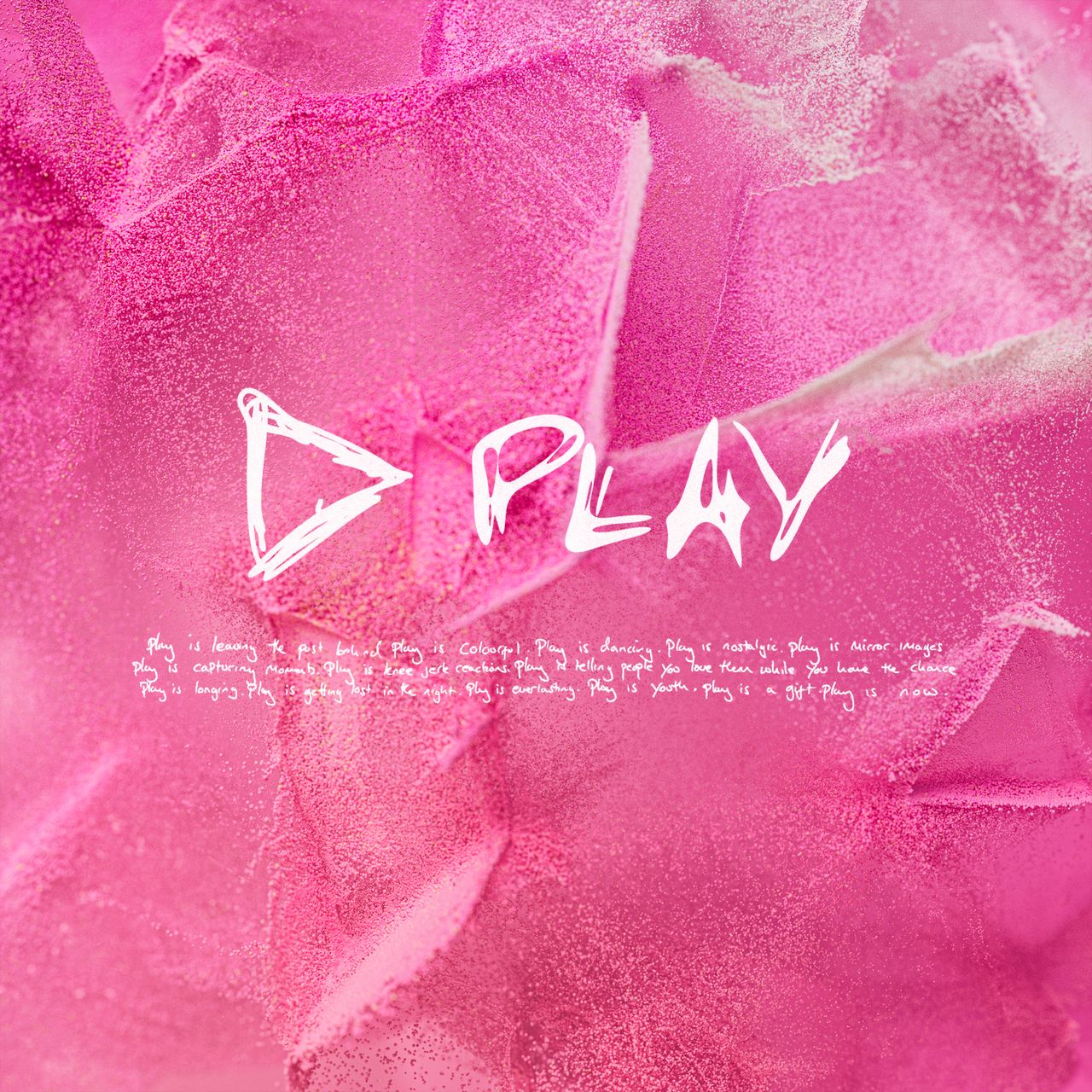The Ed Sheeran of old—the one who liked getting in drunken scraps and wrote sweet love songs to apologize for stumbling home late from the pub—might have turned Play into a drinking game: Every time he uses some kind of explosion as a metaphor, take a shot. If he mentions the stars, down your Guinness. Real drinkers can add references to heaven in there too, but I wouldn’t advise it. Some quick napkin math tells me that players of this game will have downed 13 shots in Play’s first 20 minutes.
Say what you will about Sheeran, but he has never sounded this lazy. For the first decade of his career, he used normal-guy drag to hide the kind of mercenary ambition that was seemingly only shared by his friend and collaborator Taylor Swift. He parlayed “The A Team,” an acoustic debut single about homelessness and crack addiction, into a couple of albums of rock-solid wedding standards, which belied a future interest in tasteless-but-effective genre fusion that led to high-risk, high-reward singles like “Shape of You,” “I Don’t Care,” and “Bad Habits.”
Sheeran’s great innovation was the realization that his extremely normal personal life—he married his high school sweetheart, only hangs out with childhood friends, and has spoken about shitting himself onstage—allowed him to take more brazen risks than other stars, like experimenting with grime and dancehall, or releasing a song with Cardi B in which she alleges that “Ed got a little jungle fever.” He was positioned not as a multimillionaire popstar, the kind of figure who might get dinged for globetrotting and trendhopping in search of the next No. 1, but an everyman listener—an average joe who enjoyed flicking through Latin trap, hip-hop, and stomp-clap-hey all the way to the bank.
By his own admission, Sheeran no longer has this kind of drive. “Pop is a young person’s game and you have to really, really be in it and want it,” he told The New York Times recently. “I’ve found myself stepping back more and more and being like, actually, I’m really valuing family.” Putting aside the work this does to undo the attempts of stars like Swift and Madonna to prove that pop is not exclusively a young person’s game, it also rings slightly hollow when listening to Play, which represents a clear retrenchment after 2023’s – and Autumn Variations, Sheeran’s first studio albums to not peak at No. 1 on the Billboard 200 since his 2011 debut.
